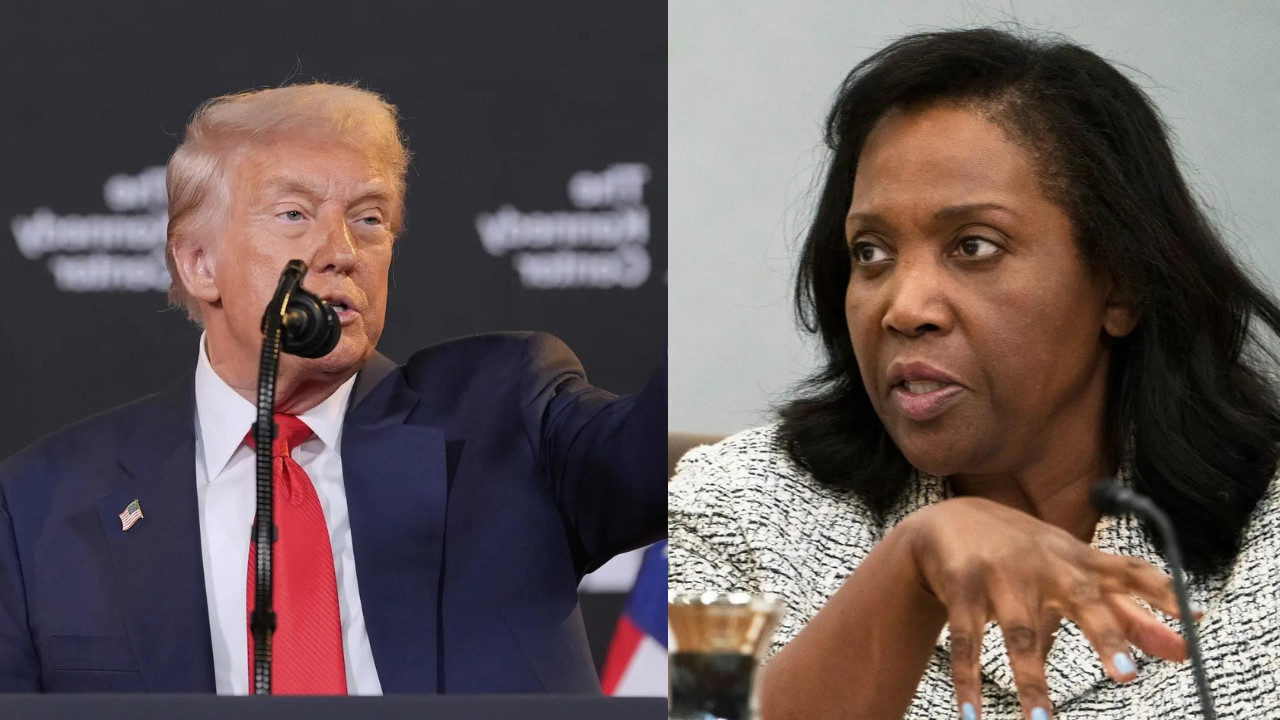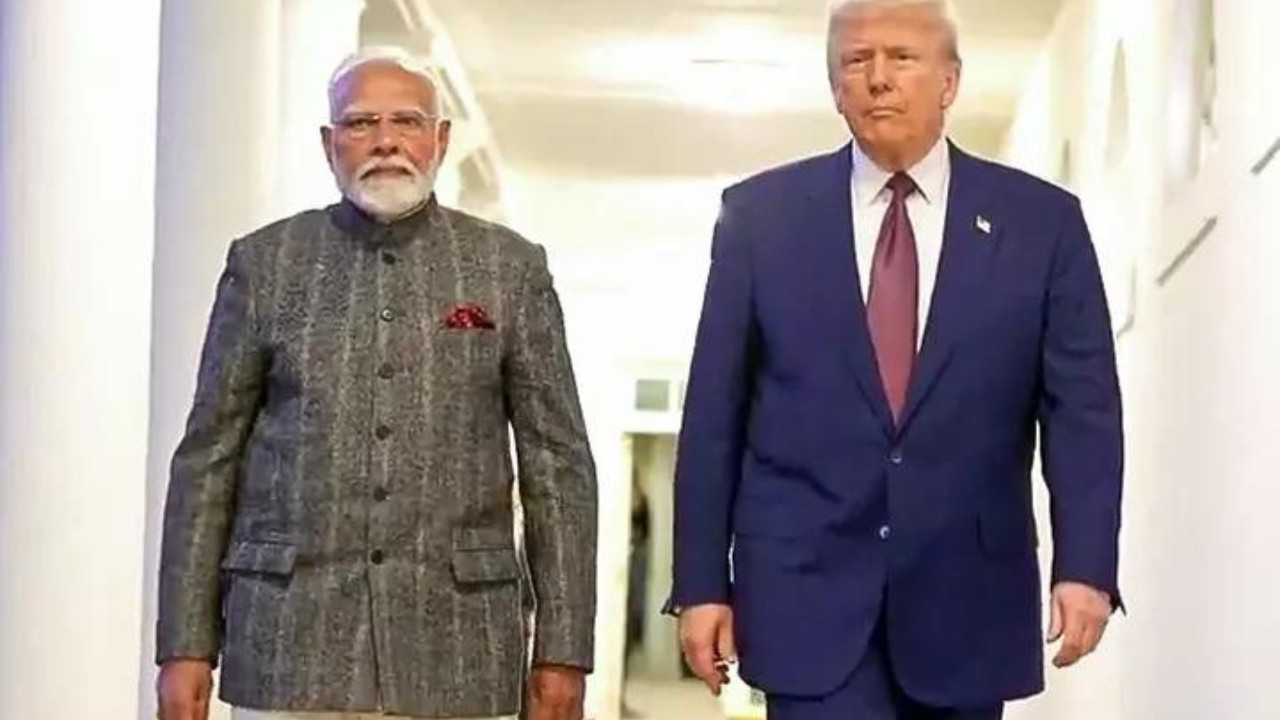Donald Trump’s attempt to dismiss Federal Reserve governor Lisa Cook over alleged mortgage fraud is expected to face legal challenges, questioning presidential authority over the Fed’s independence. Cook denies the allegations and refuses to resign, setting the stage for a potential Supreme Court battle.
When the Political Winds Buffet the Federal Reserve: A Brewing Storm?
The Federal Reserve, a cornerstone of the American economy, is designed to operate independently, insulated from the day-to-day whims of political fortune. But what happens when that insulation is challenged, when a former president openly seeks to oust a sitting governor? That’s precisely the situation brewing around Fed Governor Lisa Cook, and it’s shaping up to be a fascinating, and potentially precedent-setting, legal showdown.
The story isn’t entirely new. The relationship between presidents and the Fed has often been… complex. We’ve seen instances of presidential pressure, sometimes subtle, sometimes not so much, regarding monetary policy. But Donald Trump’s reported efforts to engineer Cook’s removal, particularly if they continued after his term, represent a distinct escalation.
The crux of the issue revolves around whether Trump advisors, potentially acting on his behalf, explored avenues to force Cook’s resignation even after he left office. The whispers have become a roar. If proven true, it raises serious questions about the boundaries of presidential power and the sanctity of the Federal Reserve’s independence.
The Independence of the Federal Reserve: A Crucial Balance
Why is the independence of the Fed so vital? Imagine a central bank constantly swayed by short-term political considerations. Interest rate hikes, necessary to curb inflation, might be delayed to appease voters before an election. Conversely, rates could be slashed irresponsibly to boost the economy artificially, regardless of the long-term consequences. The Fed’s autonomy, while not absolute, allows it to make difficult but necessary decisions based on economic data, not political expediency.
This independence fosters stability. Businesses can make long-term investments with greater confidence, knowing that monetary policy won’t be subject to drastic shifts based on the latest polls. Consumers can plan their finances, secure in the knowledge that interest rates won’t be manipulated for political gain.

Lisa Cook’s Stance: A Governor Unmoved
At the heart of this controversy stands Lisa Cook, a Biden appointee who has firmly stated she has no intention of resigning. This resolve sets the stage for a potential legal battle that could clarify the limits of presidential influence over the Fed. Cook’s background as an economist with a focus on innovation and economic growth makes her a particularly interesting target for political maneuvering. Her research often challenges conventional wisdom, and that very perspective, while valuable to the Fed, might have made her a lightning rod for criticism.
The legal terrain is uncharted. Can a former president be held accountable for actions taken after their term, particularly if those actions aim to undermine the independence of a crucial economic institution? The answer to that question could have profound implications for the future of the Federal Reserve and the separation of powers.
This isn’t just about one person; it’s about the principle of insulating the nation’s monetary policy from political pressures. It’s about ensuring that economic decisions are based on sound data and analysis, not on the shifting sands of political favor.
What Happens Next with the Federal Reserve?
The situation remains fluid. Legal experts are already debating the potential avenues for addressing the allegations against Trump and his advisors. Congressional hearings could be convened. Lawsuits might be filed. The outcome is uncertain, but one thing is clear: the controversy surrounding Lisa Cook’s position has shone a spotlight on the delicate balance between political power and the independence of the Federal Reserve.
The resolution of this situation will likely shape the future relationship between the White House and the Federal Reserve. This case could very well define the permissible limits of executive influence, strengthening safeguards against political interference and reaffirming the importance of an independent central bank. It’s a situation that deserves close watching, as its ripple effects could be felt across the entire American economy.
[Internal link to a page about the history of the Federal Reserve].
Ultimately, this unfolding drama serves as a reminder of the constant vigilance required to safeguard the institutions that underpin our economic stability. The independence of the Federal Reserve is not merely a technical detail; it’s a vital pillar of a healthy and prosperous economy, and its defense requires a commitment to principle that transcends political divides.







